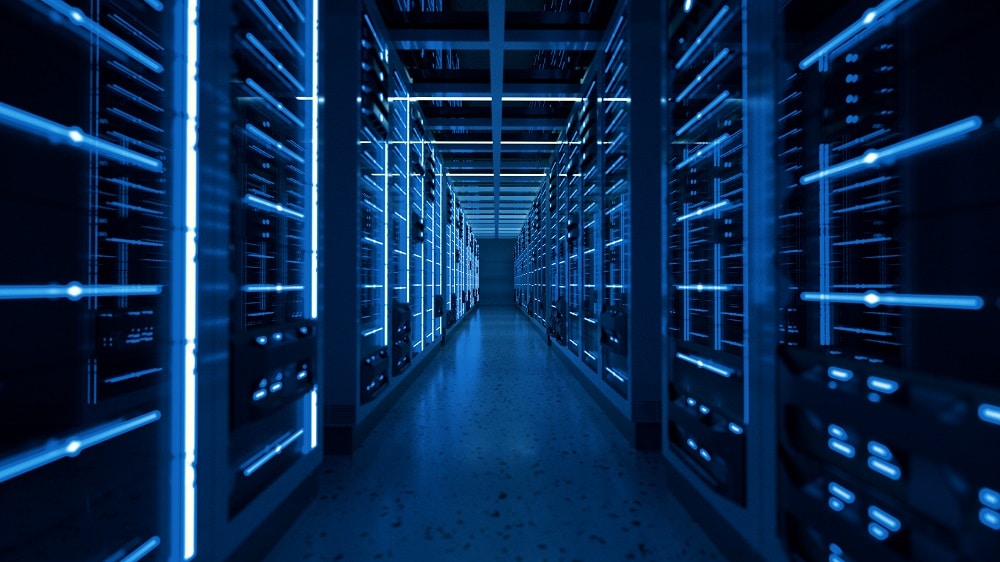In the coming years, the data center market will be most significantly influenced by Artificial Intelligence (AI). The growth of data processed by servers will increase the load on IT infrastructure. As indicated by experts from Eaton, a shift in the mindset towards the design and management of data centers will be necessary in the future. New locations in Europe and Africa, including Warsaw, will gain importance.
Artificial Intelligence Advances Data Center Development
Data centers are on the front line in the context of digital transformation and the development of data-based tools, such as AI, the Internet of Things (IoT), and cloud computing. These facilities must meet new requirements and server loads associated with processing an increasing amount of information. According to TIRIAS Research, by 2028, the amount of data processed by generative AI (e.g., ChatGPT) may result in a 50-fold increase in server loads. However, technological development related to AI and IoT also aids in improving the efficiency of data centers. These tools, for example, enable real-time operation monitoring and predictive analysis, allowing facilities to better manage energy and security.
“Data is the fuel for artificial intelligence, which uses enormous amounts of it during training. As a result, the demand for computing power is also increasing. This means that data centers, which store this information and process operations, must be prepared for new customer requirements and consider them when designing the IT architecture of their facilities.” – says Władysław Szewczuk, Product Manager at Eaton.
What Might Connect Poland and Kenya in the Near Future?
The data center market is growing, but more and more countries are introducing restrictions on adding additional large loads to the network. Obtaining permission to build or expand a facility is becoming increasingly difficult in these countries. Until now, the main cities for large server locations were Frankfurt, London, Amsterdam, and Paris, offering solid telecommunications connectivity. In the coming years, new data centers will pop up in smaller centers such as Warsaw, Vienna, Istanbul, Lagos, and Nairobi, where power constraints are less of a problem and permissions will be easier to obtain.
Environmental Challenges and Regulatory Pressure
All industries, including data centers, will have to meet regulatory requirements related to sustainable development. The most significant challenge will be to increase system efficiencies to process more information while reducing the carbon footprint and energy consumption. One element of change will be the use of renewable energy sources, such as solar panels or wind turbines.
“The development of data centers is necessary to further fuel innovation, but it will not happen without the implementation of green solutions consistent with sustainable development principles. Both existing and newly constructed facilities in Africa and Europe will have to better use and manage energy, moving away from fossil fuels towards renewable energy sources.” – sums up Władysław Szewczuk.
Easier Work in Modular Data Centers
The increased demand for information is associated with the need to expand the space of a data center and increase the density of server cabinets. Prefabricated modular data centers will aid in adapting the architecture of these facilities to ever-increasing demand. Such solutions allow for faster, cheaper, and safer construction of new facilities, as well as scaling their capacity and connectivity. They contain all the components required to store and process data, including power and cooling modules.
